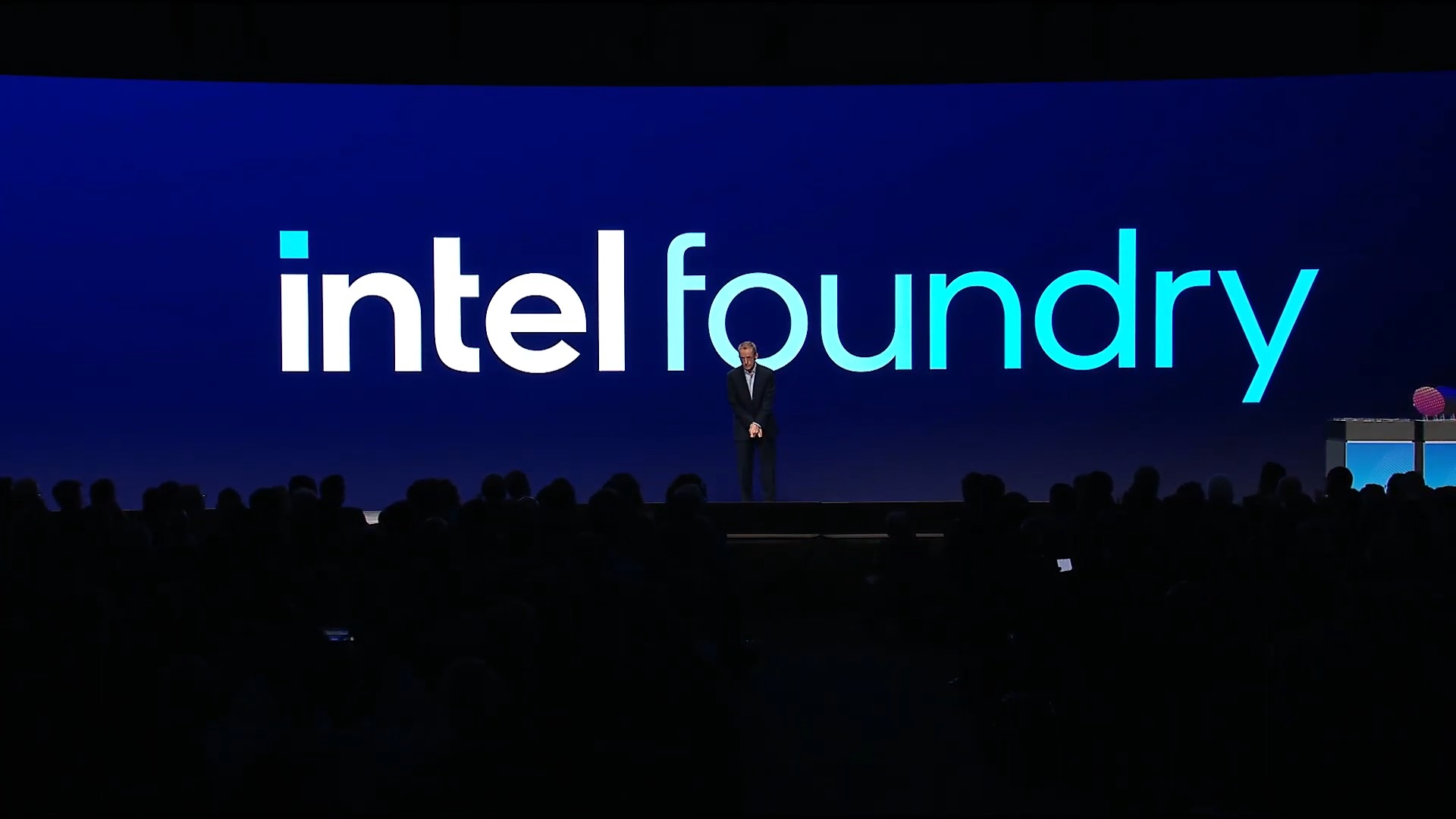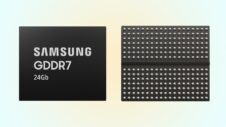Samsung has been trying for years to compete with TSMC in contract chip manufacturing. However, it hasn't succeeded. In fact, it continuously lost its clients, including Nvidia and Qualcomm, to TSMC. Intel Foundry, which entered the contract chip manufacturing space with huge ambitions, also failed. Now, both companies are thinking of forming an alliance to compete with TSMC.
Intel wants to form an alliance with Samsung to fight TSMC in contract chip manufacturing
According to a report from Maeil Business Newspaper, Intel has sought a partnership with Samsung Foundry to form an alliance. Apparently, a high-ranking Intel official recently asked Samsung Electronics to arrange a meeting between top executives of both firms to discuss the matter. It is widely rumored that Intel CEO Pat Gelsinger wants to meet Samsung Electronics Chairman Jay Y. Lee to discuss “comprehensive collaboration in the foundry sector.”
Intel announced its foundry services in 2021 and received contracts from AWS (Amazon Web Services) and Cisco to make chips for them. However, it hasn't received any other big-name tech clients for chip manufacturing. Samsung, which announced an investment plan of over $150 billion to defeat TSMC by 2030, has also lost its market share to TSMC.
TSMC's market share reached 62.3%, while Samsung's market share in the contract chip manufacturing space dropped to a mere 11.5%. TSMC's market share in advanced nodes, such as 3nm and 5nm, is a staggering 92%. This shows how far Samsung has been left behind in the advanced chip manufacturing segment.
If Intel Foundry and Samsung Foundry manage to form an alliance, they will likely collaborate on research and development, process technology exchange, and the actual fabrication processes. Intel has developed Foveros and PowerVia technologies, while Samsung Foundry's Gate-All-Around (GAA) technology. All these technologies could be used to create high-performance and efficient chips for AI.
An alliance between Intel and Samsung can help them bring technologies faster and win chip-making orders in an easier way, as they have multiple fabrication plants around the world.






